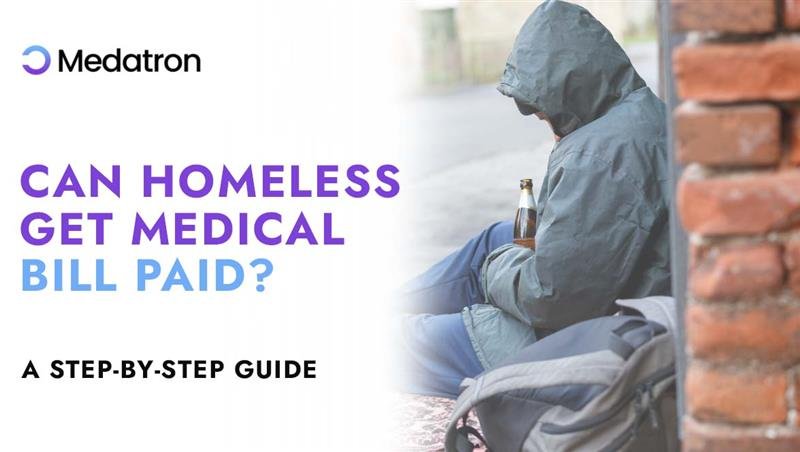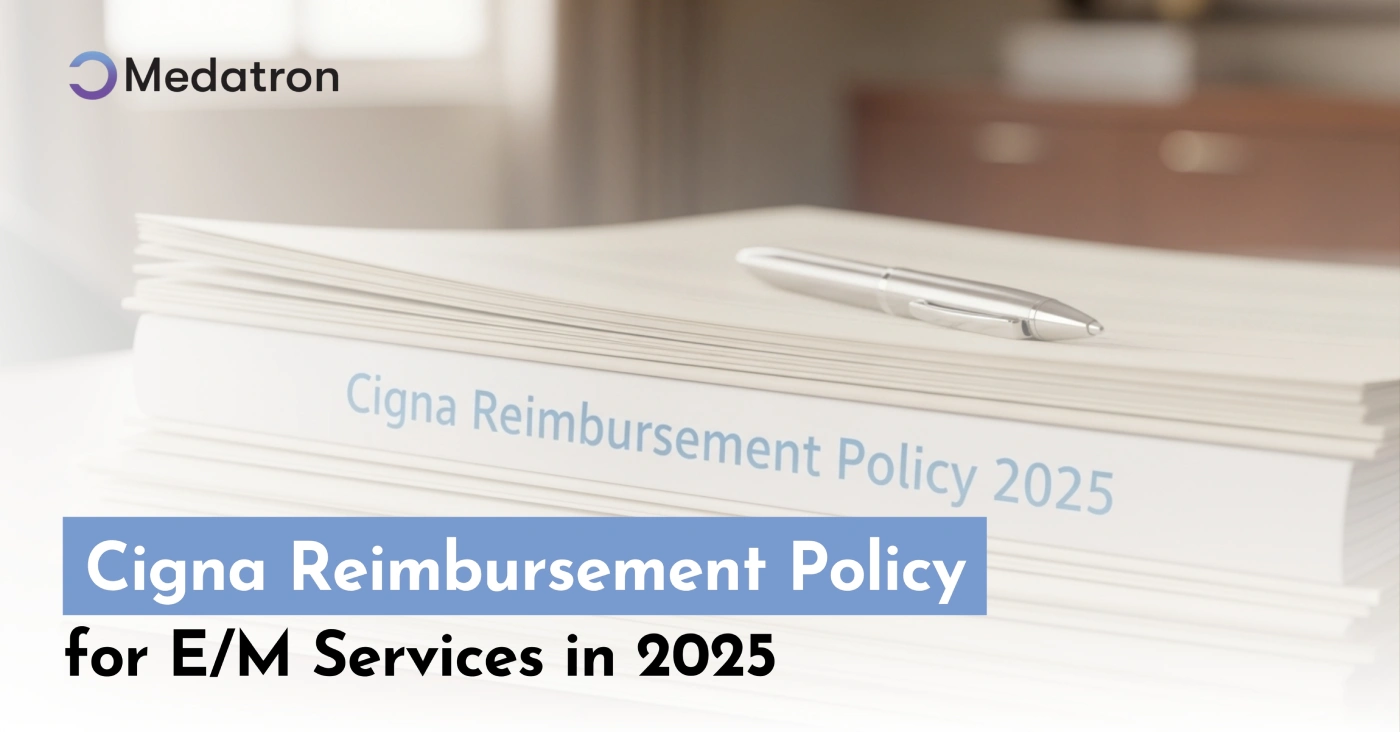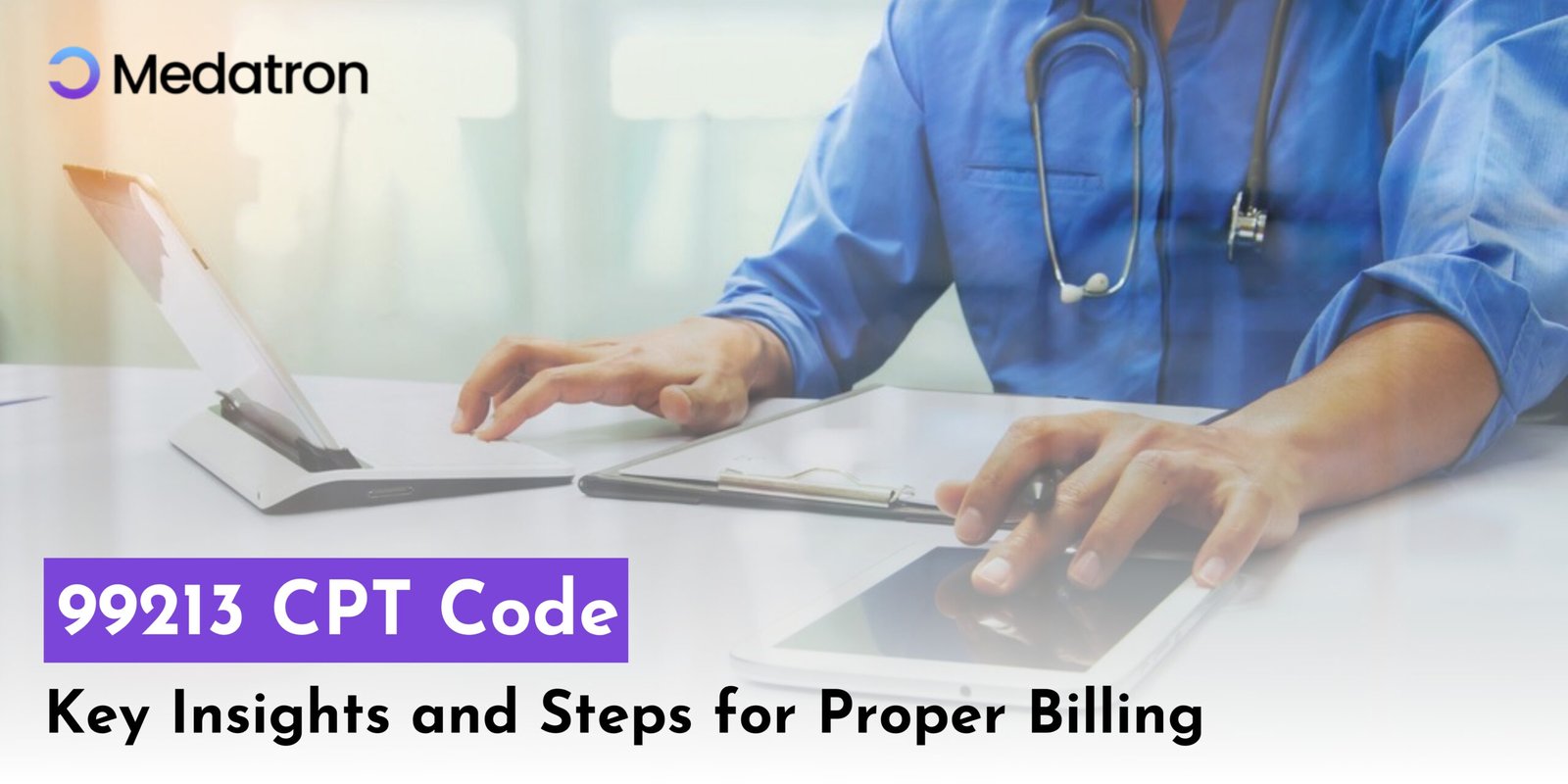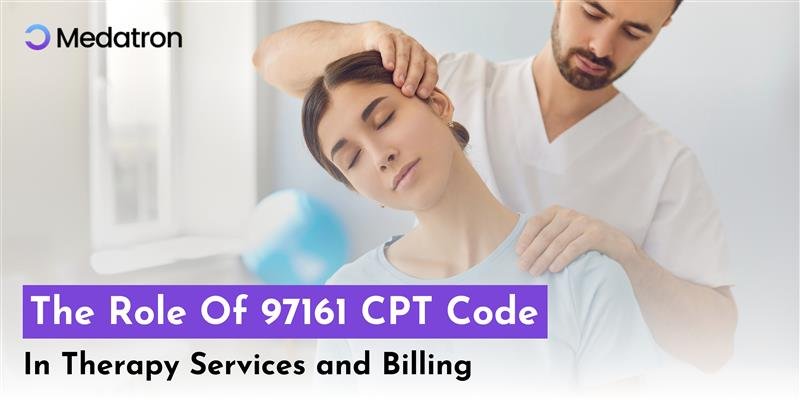Medical attention is, of course, a critical issue in the United States, although the rising costs of health care are a pretty big challenge for those living at or close to the poverty line, like homeless people. In many ways, homelessness worsens health conditions, and home ties often create barriers to the availability of medical care. Can homeless get medical bills paid? Fortunately, many provision policies offer to pay for the medical expenses of homeless people. This blog will explore the various initiatives, laws, and sources through which homeless people can receive medical treatment. Proper provisions should never let financial issues hinder anyone from availing of necessary services and care.
Medicaid: A Vital Safety Net
Medicaid is a health insurance scheme the federal government offers to cover low-income individuals or families. Eligibility and benefits vary according to the state, but generally, Medicaid covers a wide array of medical services, including hospital visits, doctor appointments, mental health services, and emergency care.
Can homeless get medical bills paid through Medicaid?
Yes! Homelessness is not a requirement to qualify for Medicaid. Homeless people qualify for Medicaid based on their income, regardless of their residence. While eligibility for Medicaid is mainly based on income, the lack of it makes it more inclusive through other determinants such as being old, pregnant, or disabled. A person cannot be disqualified from Medicaid benefits just because they do not have an address. Most states have policies guaranteeing homeless people can enroll in Medicaid without typical residency proof.
How To Apply:
- Apply in person at a local Medicaid office, a health centre, or a community service organization.
- Some states offer online applications, but it is often difficult for homeless people to provide their addresses or phone numbers. In such cases, many Medicaid offices accept using shelters, community organizations, and other social services as the “contact” address.
Benefits:
- Medicaid can cover doctor’s visits, hospital stays, prescription medications, and even mental health services, all of which are critical for individuals who are homeless, as they often experience higher rates of chronic illness, substance abuse disorders, and mental health issues.
Community Health Clinics: A Gateway to Care
Community Health Centers? Federally Qualified Health Centers (FQHCs), also known as community health centres, provide primary and other needed health services to individuals without regard to their ability to pay. They are essential for homeless populations because they offer a broad scope of services on a sliding scale based on income; the cost of care is often very low or free.
What Services Do They Offer?
- Primary health care services (medical check-ups, vaccinations, health tests)
- Chronic disease management
- Counseling on mental health and related issues
- Dental treatment
- Treatment for substance abuse
- Prenatal and pregnancy-related treatment
How to Reach Community Health Centers:
Persons experiencing homelessness can locate an FQHC either from the HRSA website or by contacting local shelters or social service agencies. The centres are more naturally geared to handle the obstacles of homelessness and may even be able to give further information on where to access medical and social services.
Charity Care Programs: Hospital Help
Charity care is free or discounted programs that most hospitals and healthcare systems offer to their low-income patients. Most hospitals in charity care programs cover the cost of needy patients’ treatment, and homeless patients are included in it, too.
How Does Charity Care Work?
Hospitals have a financial assistance office that reviews each patient’s ability to pay for services. Where the patient is homeless and cannot pay, they may qualify for charity care.
How does one apply?
- Contact the hospital’s billing or financial assistance office and explain their situation.
- You’ll be asked to show proof of income. However, for homeless patients, the hospital will accept any paper that social service agencies, shelters, or other community organizations could provide to them to prove their financial requirements.
- Some hospitals require a financial screening process. That could mean providing income information or details about another financial need.
Extra Benefits:
- Some hospitals even provide transport and accommodation to patients during treatment and care so that homeless patients can easily access healthcare services despite any logistical challenges they might face.
ACA and Health Insurance Marketplaces
Obamacare created the Health Insurance Marketplace. In the Affordable Care Act (ACA), a person can buy health insurance from the source: in this case, the Marketplace. Many states expanded Medicaid for people who make up to 138% of the federal poverty level. This has been especially crucial for homeless people.
See if you are eligible to use the Health Insurance Marketplace.
How does the Affordable Care Act help homeless people?
- Even though a person may not have an address, they can still apply for coverage through the ACA Marketplace. In eligible conditions, they might be qualified for subsidies to reduce their premium costs or meet the eligibility requirements for Medicaid in the expanded states.
- A homeless individual living in one of the expanded states of Medicaid is likely to be eligible for free or low-cost coverage.
Learn more about your rights under the Affordable Care Act.
Challenges and Solutions:
- While it may be challenging for individuals who are homeless to complete the application because they need some proof of identification, many states allow alternative forms of ID or will use a social service organization or shelter as the individual’s address. Many community organizations and shelters also assist persons with enrollment to facilitate the application process.
Health Programs and Services for the Homeless
Most cities and counties offer health services explicitly geared for homeless populations. These services are often free or low-cost to those who need stable housing. They can include mobile health clinics, outreach teams, and specialized mental health or addiction treatment programs.
Mobile Health Clinics: This type of clinic provides care at shelters, street encampments, or areas where homeless people tend to gather. It can offer flu vaccinations, wound care, and on-site mental health screening services.
Outreach and Supportive Services: Many outreach teams have case management training to assist homeless individuals in accessing appropriate medical services.
Legal Support and Advocacy
Some nonprofits provide legal support. The last of these can help a homeless person pay medical bills or assist someone working through their insurance problems. A legal advocate can sort out the billing mess, apply for Medicaid programs, and dispute bills improperly sent to collections.
How Legal Support Helps
- Homeless persons usually have complaints such as uncollected medical bills, refused insurance or being charged for services they never received. Legal aid organizations help them file complaints, negotiate with the medical providers, or defend them in court.
Some organizations can specialize in issues related to the healthcare rights of homeless people and may further assist with access.
Local Nonprofits and Charitable Organizations
Many local nonprofits and charities work with health care to offer free or discounted health care to homeless individuals. These organizations often have regular health screenings, clinics, and even prescription assistance programs.
How to Get Help:
- Reach out to local shelters, food banks, or social services agencies.
- Most churches, mosques, synagogues, and other religious institutions will offer some assistance and often operate free clinics in collaboration with local health care providers.
Conclusion
The financial burdens of homelessness can limit access to health care. However, several programs and services are available to provide homeless individuals with necessary medical care. In this situation, Medicaid, community health clinics, charity care programs, or specialized services for people experiencing homelessness might prevent healthcare from being out of reach. Help can also take the form of legal assistance and advocacy programs for those drowning in medical bills.
For homeless individuals, a first step in pursuing potentially more affordable health care and treating both short-term and long-term needs may simply be to contact local social service agencies, shelters, or healthcare providers.







